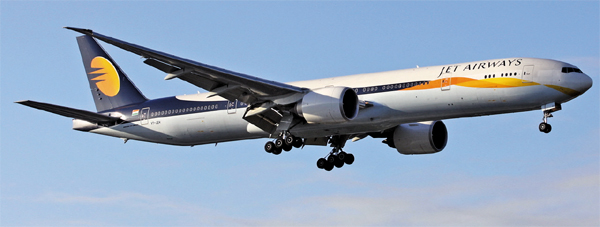|
"Asia Pacific economies and passenger traffic
continue to exhibit strong growth," said
Randy Tinseth, vice president, Marketing, Boeing
Commercial Airplanes during a media briefing February
9 before the opening of the Singapore Airshow.
"Over the next 20 years, nearly half of the
world's air traffic growth will be driven by travel
to, from or within the region. The Asia Pacific
fleet will nearly triple, from 5,090 airplanes
in 2012 to 14,750 airplanes in 2032, to support
the increased demand."

Boeing's data projects that passenger airlines
in the region will rely primarily on single-aisle
airplanes such as the Next-Generation 737 and
the 737 MAX, a new-engine variant of the market-leading
737, to connect passengers. Single-aisle airplanes
will represent 69 per cent of the new airplanes
in the region.
"New low-cost carriers and demand for intra-Asia
travel have fueled the substantial increase in
single-aisle airplanes," said Tinseth. "Fuel-efficient
airplanes like the Next-Generation 737 and 737
MAX help the growing number of low-cost carriers
operate more efficiently and provide affordable
fares to the emerging middle class."
For long-haul traffic, Boeing forecasts twin-aisle
airplanes such as the 747-8 Intercontinental,
777 and the 787 Dreamliner will account for 28
per cent of new airplane deliveries. Boeing's
recently launched 787-10 and 777X also will support
the demand for fuel-efficient twin-aisle airplanes
in the region. Singapore Airlines already ordered
30 787-10s helping launch the program at the 2013
Paris Air Show and Cathay Pacific recently ordered
21 777-9X airplanes.

|